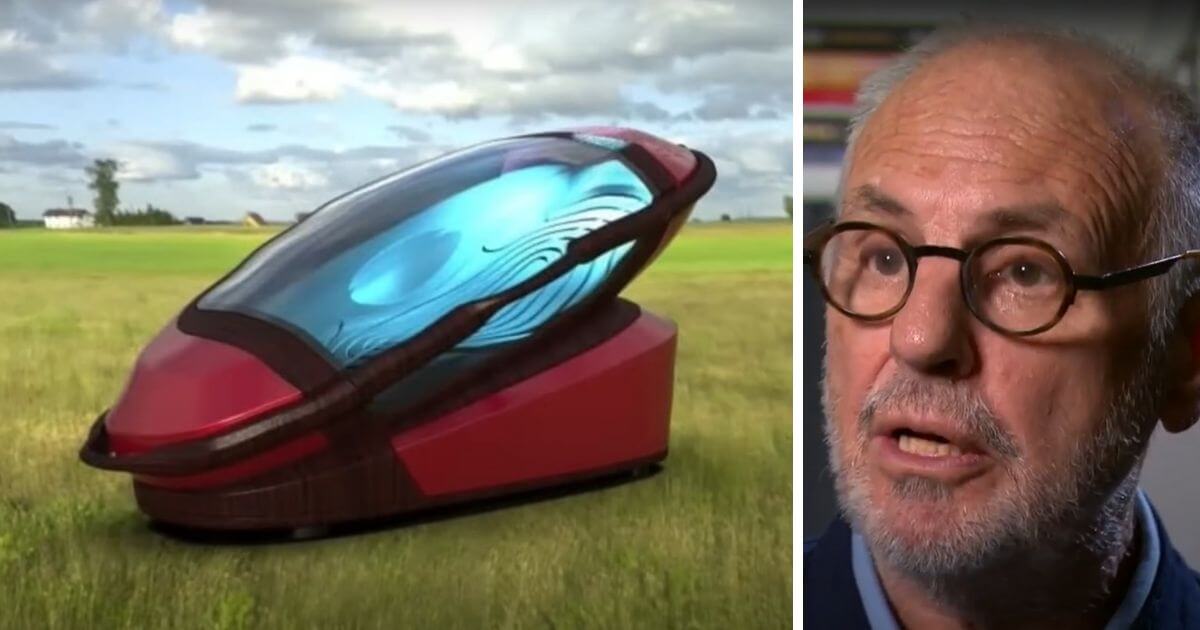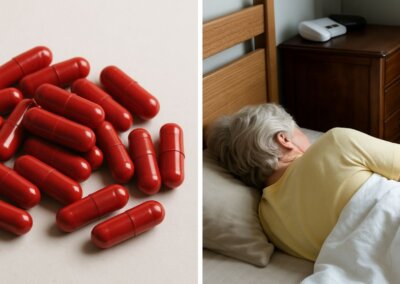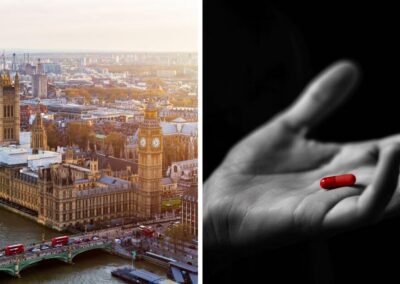Prosecutors in Switzerland have banned the use of a ‘suicide machine’, just weeks before it was set to be used for the first time.
Last month, according to reports, the ‘suicide machine’, also known as a “Sarco” pod, was prevented from being used for the first time by prosecutors in Switzerland who were concerned, not only about the legality of its use in the country, but also potential ethical issues surrounding its implementation.
The so-called “Tesla of euthanasia“, was created by Dr Philip Nitschke, an Australian euthanasia advocate and former physician who has been nicknamed “Dr Death” and “the Elon Musk of assisted suicide” by the media. He designed the Sarco to enable individuals to end their lives at the press of a button.
Describing the actual manner of death, Nitschke said “The capsule is sitting on a piece of equipment that will flood the interior with nitrogen, rapidly reducing the oxygen level to 1 per cent from 21 per cent in about 30 seconds. The person will feel a little disoriented and may feel slightly euphoric before they lose consciousness. Death takes place through hypoxia and hypocapnia, oxygen and carbon dioxide deprivation, respectively”.
Why was the ‘suicide machine’ banned?
The introduction of the Sarco pod in Switzerland has been met with significant opposition. Public Prosecutor, Peter Sticher, has highlighted several critical concerns regarding the device’s legality and the mechanics of its operation. In a letter obtained by the Swiss media, Sticher said “There is no reliable information about the method of killing. It is completely unclear who has control over which mechanical process during the dying process”.
The legal argument revolves around section 115 of the local penal code, addressing assisted suicide and potential charges for selfishly inducing or aiding it. Prosecutors argue that determining responsibility for euthanasia with the Sarco pod is impossible, prompting its ban. Sticher warned of “serious consequences” for Nitschke, emphasising the legal and ethical complexities surrounding the device.
James Mildred, Director of Engagement for Christian Action Research and Education (CARE), said “Philip Nitschke’s device has been condemned by a broad range of commentators. Many people feel that it trivialises, and even glamourises, suicide. We believe that suicide is a tragedy that good societies seek to prevent in every circumstance. There are ethical ways to help human beings that don’t involve the destruction of life”.
Dr Philip Nitschke
In 1996, Nitschke administered the world’s first legal, voluntary lethal injection under the short-lived Rights of the Terminally Ill Act in Australia’s Northern Territory. Nitschke faced legal challenges, including the suspension of his medical license in 2014, prompting him to burn his certificate in protest.
Nitschke advocates for euthanasia and assisted suicide as a right for “all rational adults“.
Spokesperson for Right To Life UK, Catherine Robinson, said “Nitschke’s suicide machine is not only a horrendous concept, but it is becoming increasingly clear how unrealistic the safeguards in place are for those who might attempt to use the device in future. This apparently fully automated process is a disaster in waiting. Instead of assisted suicide, we should focus on providing support and care for those in distress. Every life is precious and deserves protection”.












